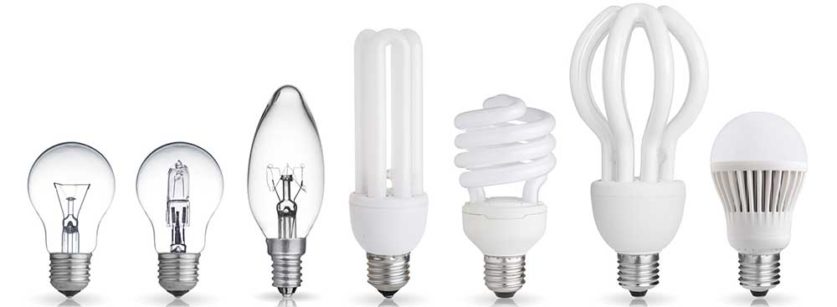
In an effort to protect energy users against poor customer service and supplier failure, Ofgem is set to tighten conditions of entry to the energy market for prospective providers.
Ofgem first announced that it would review its supplier licensing regime in March this year and has now revealed the extent of the review in more detail.
Ofgem has previously been criticised for being overly lenient and making it too easy for new suppliers to enter the market. Over the past ten years, the number of companies supplying energy in the UK has gone up from 12 to 69. Having a large number of suppliers to choose from is, generally speaking, a good thing – it increases competition, forcing larger giants like the big six to offer better deals to customers to prevent them from leaving to smaller competitors. However, relaxed entry criteria mean that many companies are entering the market that are, in one way or another, unfit for purpose. At least three suppliers have collapsed in the last two years. Most recently, Iresa, the cheapest supplier in many areas of the country, has been banned from taking on new customers because of endemic flaws in its customer service.
As well as customer service flaws, financial instability is another key problem among smaller suppliers. Large companies, like the big six, have the financial capacity to be able to absorb losses that may be made when their running costs get out of hand. Even better, they tend to buy wholesale energy up when it is cheaper in order to balance out their overall costs when wholesale prices rise. This is known as hedging. Smaller companies, particularly those whose financial stability has not been rigorously tested when they enter the market, do not have this ability. This, combined with constant pressure to keep prices low, can often spell disaster.
Hence what happened to GB Energy Supply who, in 2016, were forced to close up shop because they could no longer afford to pay for the energy they needed with the money they were receiving from customers. In the end, their customer book was sold on to Co-operative Energy.
The new, tighter conditions in Ofgem’s review process are designed to tackle this very issue.
The regulatory body explained: “Customers have benefitted from the competitive pressure caused by new suppliers entering the energy market, helping to deliver more competitive pricing and drive service quality up.
“However, we recognise that low entry barriers, and more participants active in the market, could increase the likelihood of companies entering the market who are not meeting expectations with respect to customer service and of supplier failure.”




